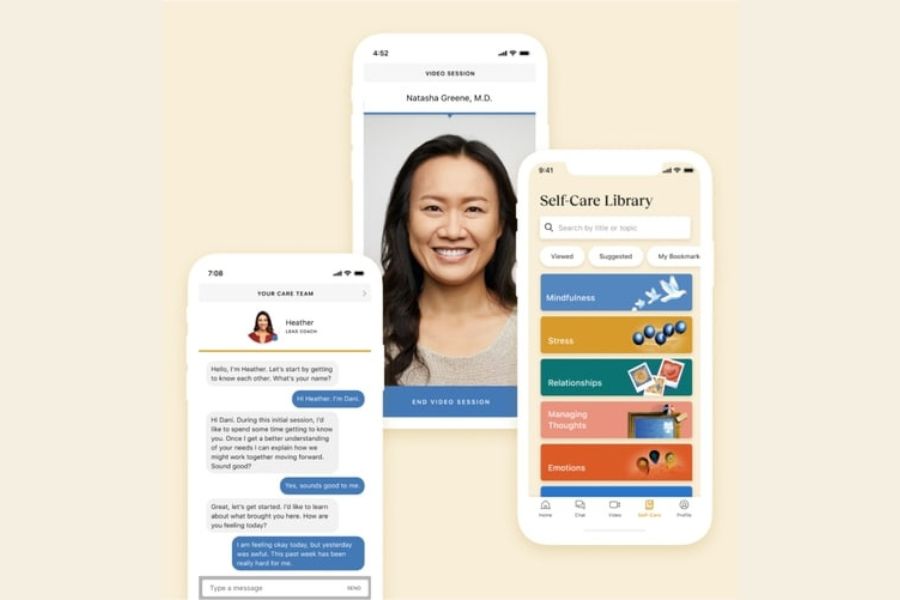
Some days it can feel like you spend your entire life staring at a screen. Work, school, gaming, TV, and movies — technology has made all of these easily accessible, which can make it difficult to detach and can have negative effects on our physical and mental health.
Spending too much time staring at a screen can lead to vision and lower back problems, as well as increased feelings of loneliness and isolation. As online learners at Penn State World Campus, it’s especially important to be proactive in preventing these issues.
Digital wellness refers to finding a healthy and intentional relationship with technology, in all aspects of life. So how can you improve your digital wellness when you need to be online?
Give your body a break
Five-minute breaks every hour can do wonders for your overall productivity. Look away from the screen and focus on something in the distance, and if possible, walk to another room or move your body to get your blood flowing.
Be proactive about your time online
Because you already spend a lot of time online for classes, try to set certain times of the day to check email and social media. Instead of picking up your phone countless times throughout the day, set designated times to catch up. Check out our Time Management Calculator to get an idea of what your week might look like depending on the number of credits you take.
Manage the content you consume
It’s easy to fall into negative habits, and surrounding yourself with negativity — online or in real life — will take a toll on your mental health. Consider unfollowing or muting accounts that impact you negatively, and keep in mind that most people only post their best moments, so don’t compare your life to their curated content.
You can avoid mindlessly scrolling your feed while waiting in line or at an appointment by planning ahead and having ebooks or magazines on your phone instead.
Calm your mind
Take longer breaks when transitioning from work to school. Go outside if you can — nature can provide a calmness that can increase well-being and decrease anxiety. Read about mental health resources available to Penn State World Campus students.
Use technology for good
Turn off or customize push notifications and use your devices’ Do Not Disturb features. Download apps that help set boundaries, such as reminders to stop using screens before bedtime. And if you have a lot of reading to do for class but need a break from staring at a screen, switch to audio. Some e-reader apps will read the text aloud so you can rest your eyes or listen while outside on a walk.
Incorporating these tips into your daily digital consumption can help you feel more engaged and can lead to a more balanced physical and mental well-being.
Other helpful resources
For more on digital wellness, visit these resources:



